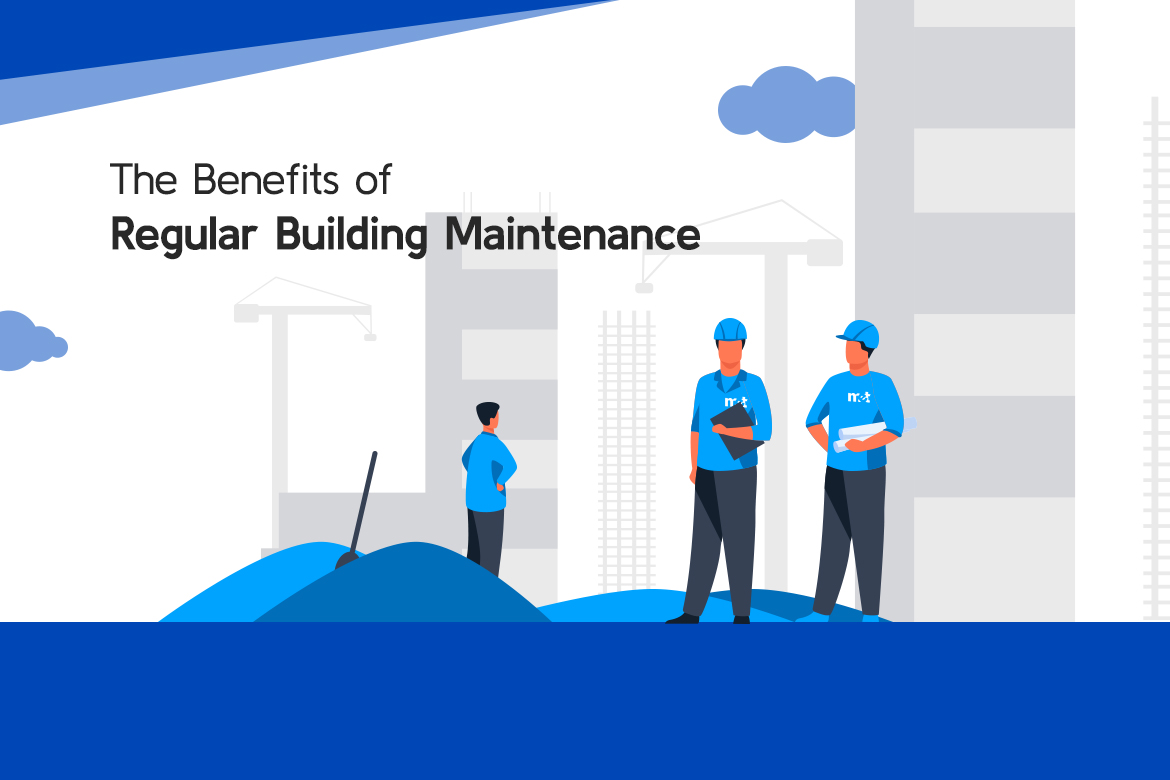
Regular building maintenance is essential to ensure that your building remains in good condition and lasts as long as possible. It also plays an important role in the overall aesthetics of your property. In this article, we will explore the benefits of regular building maintenance, how to create a maintenance plan, identify potential problems, prioritize maintenance tasks, and budget for maintenance.
Importance of Regular Maintenance
Regular maintenance is essential to prolong the life of your building and keep it safe for occupancy. A building’s maintenance schedule is important to prevent larger issues from developing. For example, if a building doesn’t have regular maintenance, it may not be able to handle a more significant issue that requires the attention of a professional. Regular maintenance can also help you save money in the long run by preventing costly repairs.
How to Create a Maintenance Plan
Creating a maintenance plan is essential to the overall maintenance environment. The maintenance plan’s contents, which include the actual work, instructions, schedule, workers, spare parts, and contractors, guide all the maintenance work activities. Effective maintenance planning ensures sustaining the proper working condition of the equipment. Essential contents of any effective program are exhaustive inventory of assets, identification of the specific maintenance tasks, their alignment to specific assets, reasonable maintenance schedule, indication of the appropriate skill set for each maintenance task, prediction regarding spare parts consumption and specification of the work that contractors will do.
Identifying Potential Problems
Identifying potential problems is crucial to prevent larger issues from developing. Regular inspections can help you identify potential problems before they become major issues. Some common problems that you should look out for include water leaks, electrical issues, and HVAC problems.
Prioritizing Maintenance Tasks
Prioritizing maintenance tasks is essential to ensure that the most important tasks are completed first. Categorizing maintenance tasks into one of four categories: emergency tasks, high-priority tasks, medium priority tasks, and low-priority requests or tasks. Emergency tasks are urgent health/safety problems or operational disruptions. High-priority tasks will directly affect operations in the near future. Medium priority tasks typically include preventive maintenance schedules. Low-priority requests or tasks need to be done as fill-in work but are not vital to day-to-day operations.
Budgeting for Maintenance
Budgeting for maintenance is essential to ensure that you have the necessary funds to complete all maintenance tasks. You can create a maintenance budget by looking at historical budgets, determining your maintenance strategy for each asset, and factoring in seasonality and hidden costs. You can prepare your budget on a template that you adapt to suit your business.
Call to Action
Regular building maintenance is essential to ensure that your building remains in good condition and lasts as long as possible. If you need help creating a maintenance plan, identifying potential problems, prioritizing maintenance tasks, or budgeting for maintenance, call MET Engineering today! Our team of experts can help you keep your building in top condition.
